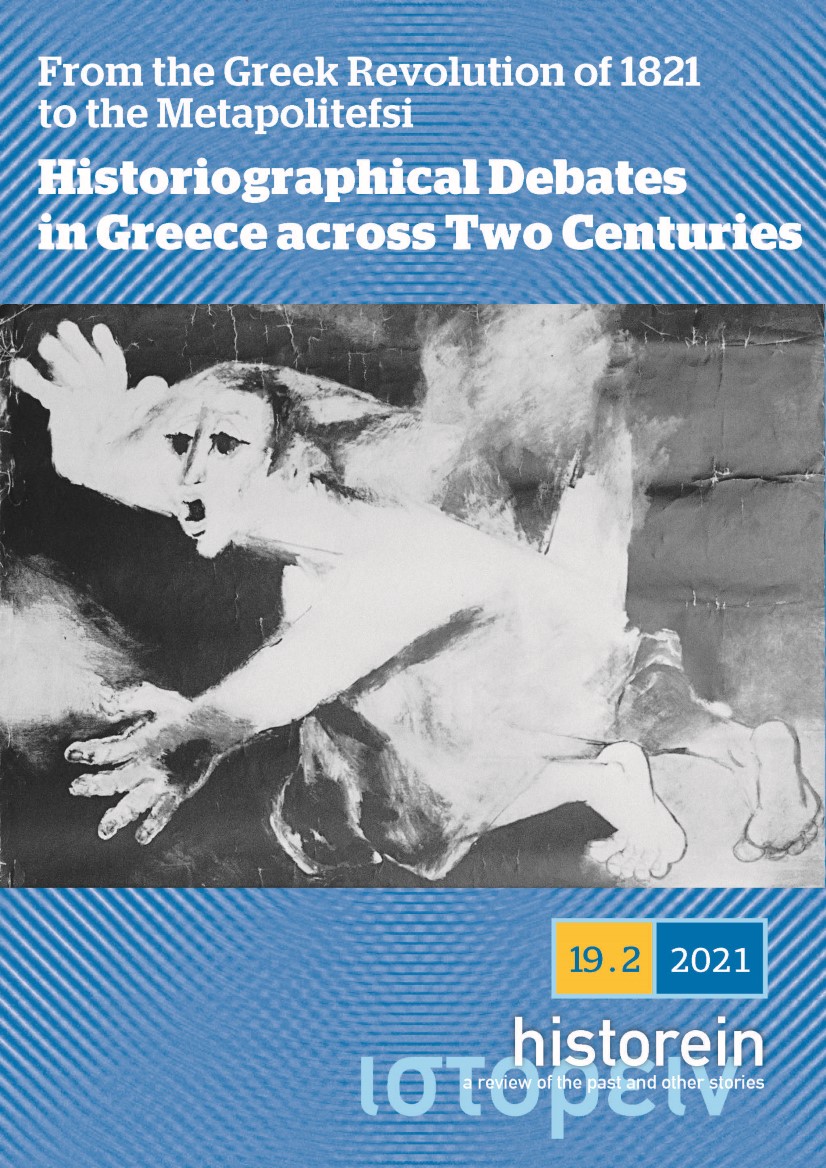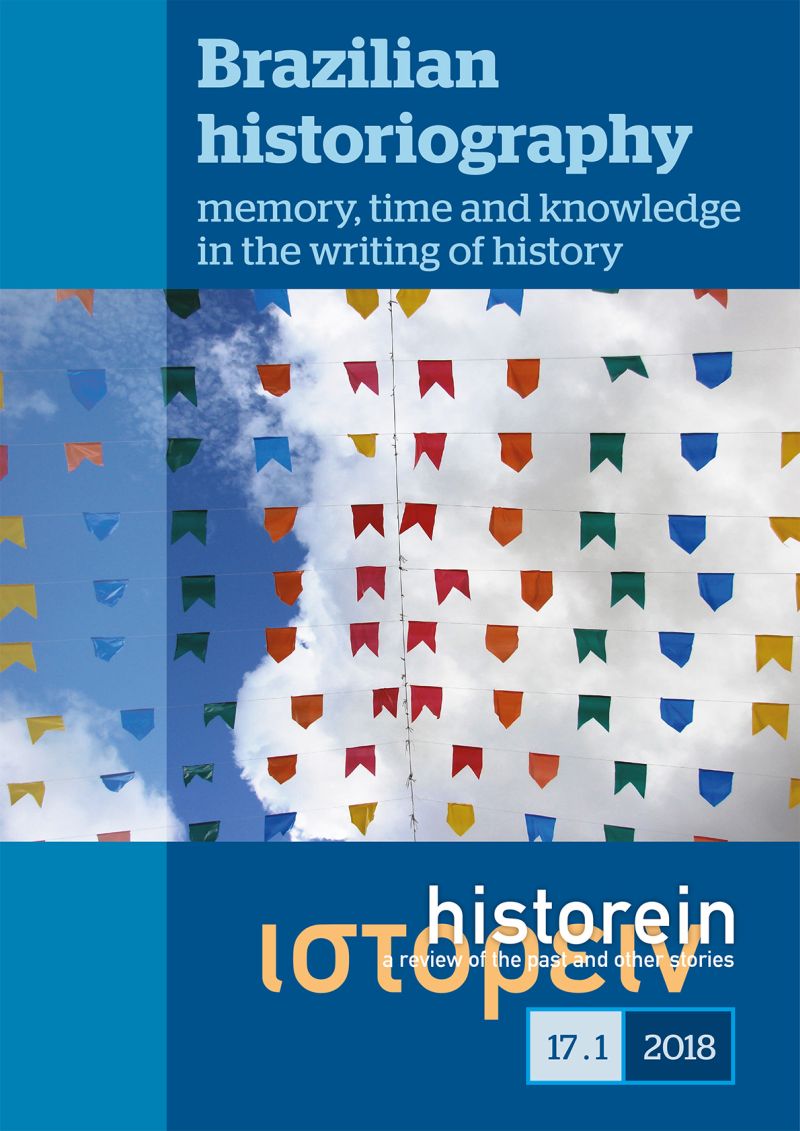Rupture or Continuity? Revisiting the Basic Themes of the Historiography of the 21 April Dictatorship

Abstract
What did the 1967–1974 dictatorship represent for Greece? A violent and illegal episode, a mere parenthesis in the course of its parliamentary history, or an event with deep roots in Greek society and politics? These two basic, albeit contradictory views require us to consider how the last dictatorship in Greece was conceived in public and academic discourse as well as how these two discourses interacted. The main argument of this article is that even the most self-evident concepts about the character of the 1967 dictatorship, so trivial that we hardly perceive them as concepts, emerged through complex cultural processes. More specifically, it examines a series of well-known academic texts or texts produced in academic settings, dating from the junta era to the late 1980s. Although the research on the dictatorship has progressed greatly since then, this article seeks to show that in the first two decades after its collapse, there was a rich production of perceptions regarding the dictatorship that continue to shape our understanding of the period, which is why it is essential to reflect on them.
Article Details
- How to Cite
-
Kouki, E. (2021). Rupture or Continuity? Revisiting the Basic Themes of the Historiography of the 21 April Dictatorship. Historein, 19(2). https://doi.org/10.12681/historein.23213
- Section
- ARTICLES

This work is licensed under a Creative Commons Attribution-NonCommercial-ShareAlike 4.0 International License.
The copyright for articles in this journal is retained by the author(s), with first publication rights granted to the journal. By virtue of their appearance in this open access journal, articles are free to use (with the exception of the non-granted right to make derivative works) with proper attribution for non-commercial uses (licence Creative Commons 4.0). EKT/NHRF retains the worldwide right to reproduce, display, distribute, and use articles published in Historein in all formats and media, either separately or as part of collective works for the full term of copyright. This includes but is not limited to the right to publish articles in an issue of the Journal, copy and distribute individual reprints of the articles, authorize reproduction of articles in their entirety in another EKT/NHRF publication, and authorize reproduction and distribution of articles or abstracts thereof by means of computerized retrieval systems.


